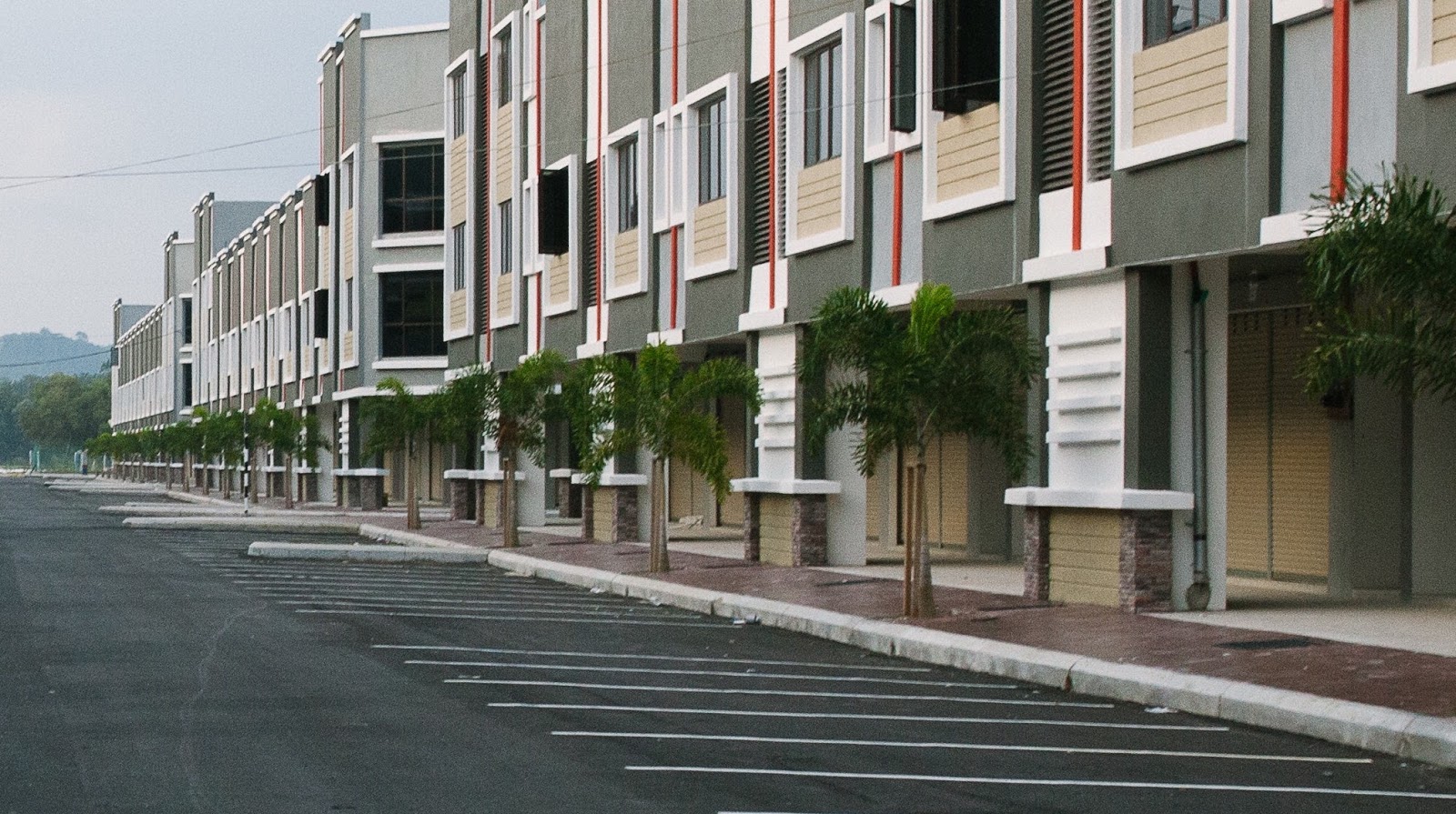Urban living offers convenience and community, but certain practicalities like visitor parking can become unexpectedly complex. Whether you live in a Penrith Condo or are considering a move to an urban condominium, visitor parking provisions deserve attention before they become a source of frustration. Most urban dwellers discover that guest parking isn’t as straightforward as in suburban settings, with specific rules, limitations and systems that vary widely between buildings.
Space limitations
Urban condo buildings face inherent space constraints that impact visitor parking availability. Most developers must balance resident parking needs, commercial requirements, and guest accommodations within limited square footage. This often results in relatively few visitor spots compared to the total number of units in the building. High-density buildings might have as few as one visitor spot per 10-15 residential units, creating competition for these spaces during popular visiting hours and weekends. The physical layout of visitor parking areas can vary dramatically between buildings. Some condos feature dedicated visitor sections in their parking garages, while others allocate street-level spaces or separate small lots for guests. These spots’ location and security measures directly affect their usability and convenience for both residents and visitors.
Registration systems
Most urban condominiums implement specific registration procedures for visitor vehicles. These systems range from simple paper logbooks managed by concierge staff to sophisticated digital platforms where residents pre-register guests through online portals or mobile apps. The registration process typically requires vehicle information, visitor names, and the expected duration of stay. Many buildings have moved toward automated systems that generate temporary QR codes or permit numbers for visitors to display. Standard registration requirements include:
- Advance notice (sometimes 24-48 hours before visit)
- Vehicle license plate information
- Unit number and resident authorisation
- Visitor identification details
- Anticipated arrival and departure times
Time restrictions
Time limitations represent one of the most challenging aspects of urban condo visitor parking. Few buildings permit overnight guest parking without special authorisation, and many implement strict maximum stay durations. Standard time restrictions typically allow guests to park between 4 and 8 hours during a single visit, with some buildings requiring gaps between consecutive visits by the same vehicle. Seasonal variations in policies add another layer of complexity. When visitor traffic increases during the holiday, many buildings implement more restrictive policies or lottery systems for allocating limited spaces. Weekend policies often differ from weekday rules, reflecting the higher demand during personal visiting hours versus business-related visits during weekdays.
Cost factors
Visitor parking fees vary widely across different condominium properties. While some buildings include limited free visitor parking as part of monthly maintenance fees, others charge hourly or daily rates comparable to commercial parking facilities nearby. Cost structures typically reflect the building’s location value and the relative scarcity of parking in the surrounding neighbourhood. Financial considerations extend beyond direct parking fees:
- Resident validation requirements
- Payment methods (cash, credit, mobile payment)
- Penalty fees for registration errors or time violations
- Monthly caps on free visitor allocations
- Special event rates and exceptions
Navigating visitor parking in urban condominiums requires awareness of specific building policies and limitations. Before inviting guests, residents should familiarise themselves with registration procedures, time restrictions, and associated costs. With proper planning and communication with building management, the challenges of urban visitor parking can be managed effectively. Visitor parking provisions should be considered when selecting an urban condominium, potentially as important as the unit’s features or building amenities for frequent entertainers or those who regularly host out-of-town guests.





